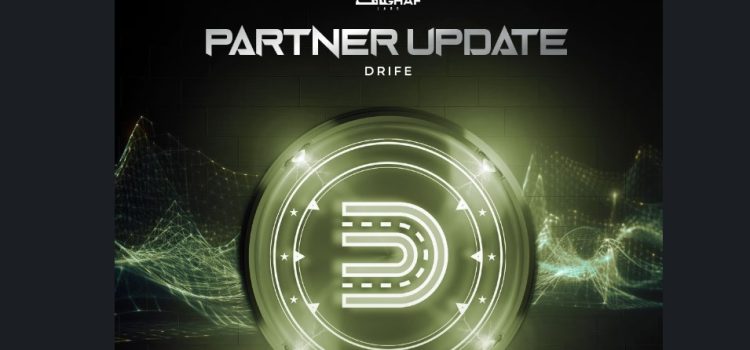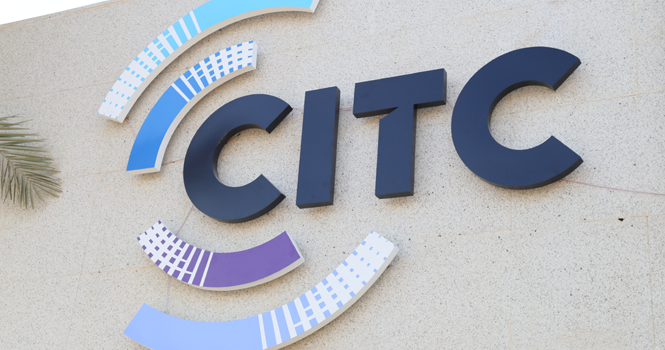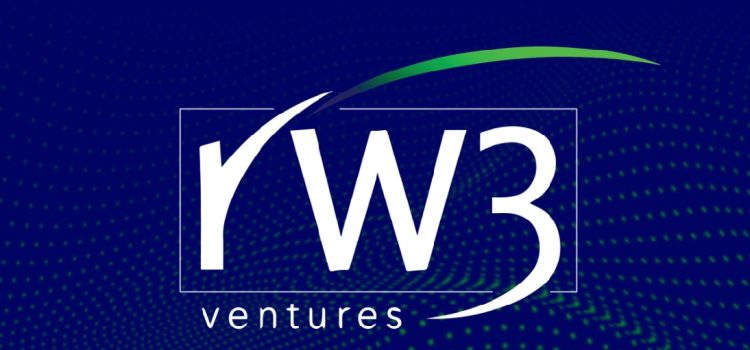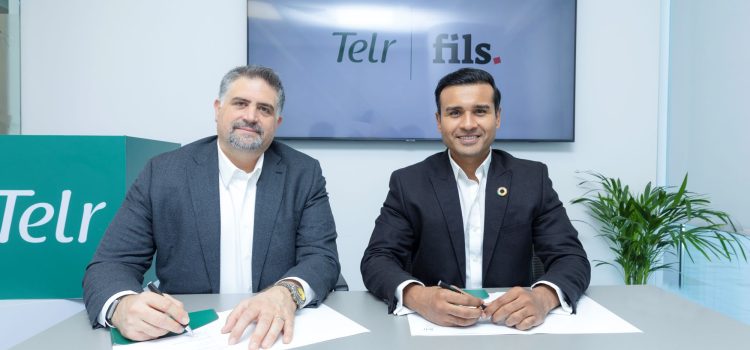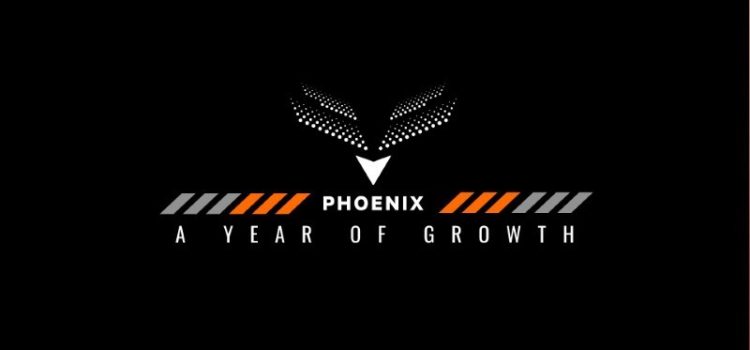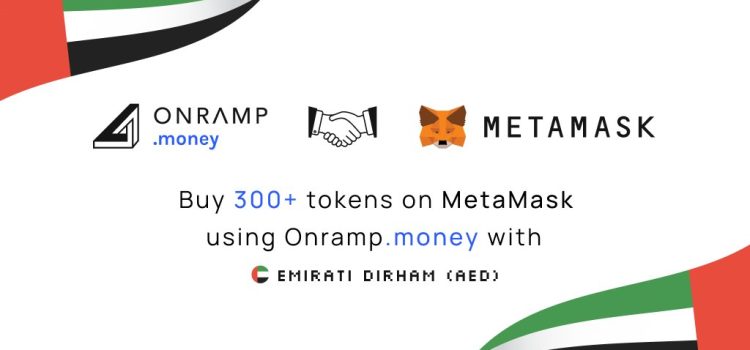UAE Mubadala Capital, a subsidiary of Mubadala Investment, sovereign wealth fund of Abu Dhabi UAE, has offered significant support and backing to RW3 Ventures, an early stage venture capital firm focused on Blockchain. RW3 announced $60 million in capita commitments.
In addition to the support of Mubadala, The Raptor Group, has also support RW3 Ventures.
Launched in 2021 in partnership with The Raptor Group, the family office of Jim Pallotta, RW3 Ventures supports early-stage companies building disruptive blockchain infrastructure and decentralized applications and protocols.
As per the press release, the firm takes a collaborative, hands-on approach to help founders in Web3 grow and scale their platforms. In addition to deploying capital, RW3 Ventures is uniquely positioned to help startups hire talent, build communities, and enhance their technical research and development capabilities.
The RW3 team boasts a significant level of operating and investing experience at some of the largest digital asset firms and financial institutions, and brings an extensive network of relationships throughout the blockchain ecosystem.
The team is led by, Pete Najarian, Founder and Managing Partner. Pete previously served as the Chief Revenue Officer of BitGo from 2019 to 2021, where he helped lead the company through its most dramatic period of growth. Prior to that, he served as a Senior Vice President- Institutions at Xapo, which was acquired by Coinbase in 2019. Pete also brings considerable traditional markets experience having served as global co-head of the emerging markets businesses for two of the world’s largest financial institutions.
Also involved is Joe Bruzzesi, Partner. Joe previously served as a Managing Director at BitGo from 2020 to 2022, where he oversaw the Americas division and led over $10 billion in transactions involving some of the largest crypto protocols, companies, and funds. Joe is also one of the earliest advisors to Avalanche.
Pete Najarian, Founder and Managing Partner of RW3 , stated,“Blockchain technology is fundamentally changing the way the world transacts and manages value, services, and data. While there are many talented founders in the industry with revolutionary ideas, most are in need of operational experience and support to drive their businesses forward. At RW3 we leverage our experience developing and scaling some of the largest crypto infrastructure firms to help our portfolio companies around the world meet their full potential. The combined networks of RW3 and Raptor are already proving to be unique and powerful in this space.”
“Pete and Joe’s disciplined, methodical, and institutional approach to the digital asset markets is based on their years of experience helping companies scale in growth markets and manage risk through volatility,” said Jim Pallotta. “Blockchain companies have the potential to be among the most valuable enterprises in the future, and we believe the best investment opportunities will present themselves over the next 36 months. I believe the RW3 team is exceptionally well-positioned to identify the most promising companies of tomorrow and help them grow.”
Fund I seeks to capitalize on RW3’s institutional approach, extensive network of blockchain ecosystem relationships, and differentiated operating model to bring transformative growth to its portfolio companies. The Fund targets opportunities from pre-seed through Series A and places an emphasis on teams that seek to utilize blockchain technology to disrupt real-world industries and business models with sizeable addressable markets. To date, the Fund has made several investments across blockchain protocols, decentralized infrastructure, fully homomorphic encryption, and gaming.
In the past Mubadala has supported and backed blockchain companies, such as Andalusia Labs, formerly known as RiskHarbor, which raised $48 million in a series A funding round and sets up its global headquarters in UAE Abu Dhabi in ADGM ( Abu Dhabi Global Market).









